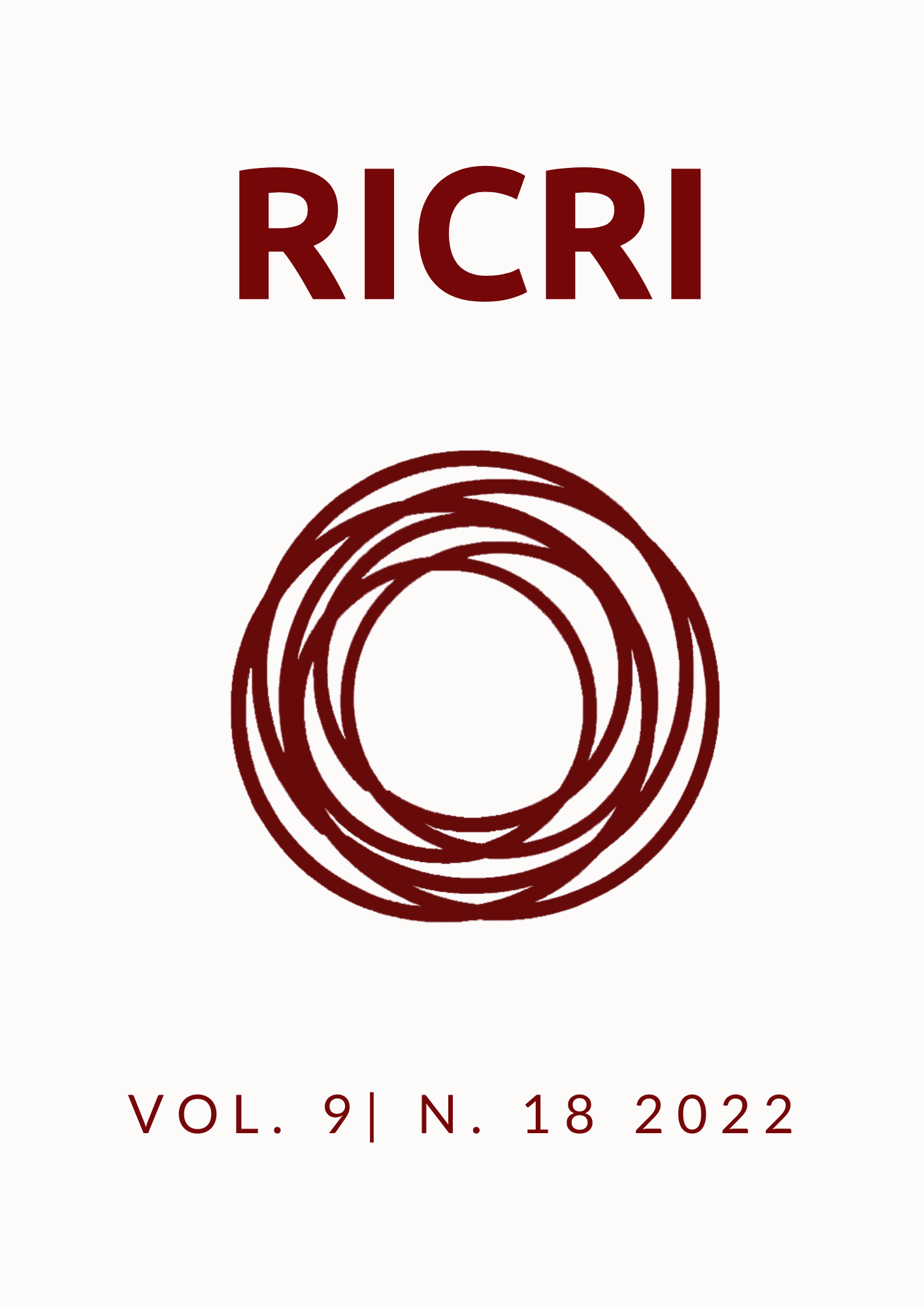Human Rights in the US Great Strategy: from Clinton to Trump
DOI:
https://doi.org/10.22478/ufpb.2318-9452.2022v9n18.61006Abstract
The theme of human rights has been the stage of political discussions and narrative disputes throughout history. The United States stands out in the construction of norms for the theme, calling itself the main promoters of rights internationally. In this context, this work has as its central objective to understand in which way human rights has been utilized in the North American great strategy. To this end, the National Security Strategy (NSS) from Clinton to Trump were analyzed, documents that reflect the great strategy of each president annually. Through a documentary and comparative analysis of these, particular aspects of each government were identified, as well as a partisan influence in the way the presidents incorporate the theme in their documents, despite this, there is a general consensus among the presidents concerning the approach given to human rights as a mechanism for promoting American values in the external sphere. A consensus that suffered a rupture in Trump, since this political tradition observed in his predecessors, does not figure as a central element in the grand strategy of the last president.
Downloads
Published
How to Cite
Issue
Section
License
Copyright (c) 2022 Journal of Scientific Initiation on International Relations

This work is licensed under a Creative Commons Attribution-NonCommercial 4.0 International License.
Authors who publish with this journal agree to the following terms:
a. Authors retain copyright and grant the journal right of first publication with the work simultaneously licensed under a Creative Commons Attribution License that allows for sharing of work with acknowledgment of its initial publication in this journal.
b. Authors are able to take on additional contracts separately for non-exclusive distribution of the version of the work published in this journal (e.g., post it to an institutional repository or as a book), with an acknowledgment of its initial publication in this journal.
c. Authors are permitted and encouraged to post their work online ( eg, in institutional repositories or on their website) at any point before or during the submission process, as it can lead to productive exchanges , as well as increase the impact and citation of published work ( See the Effect of Open Access).




